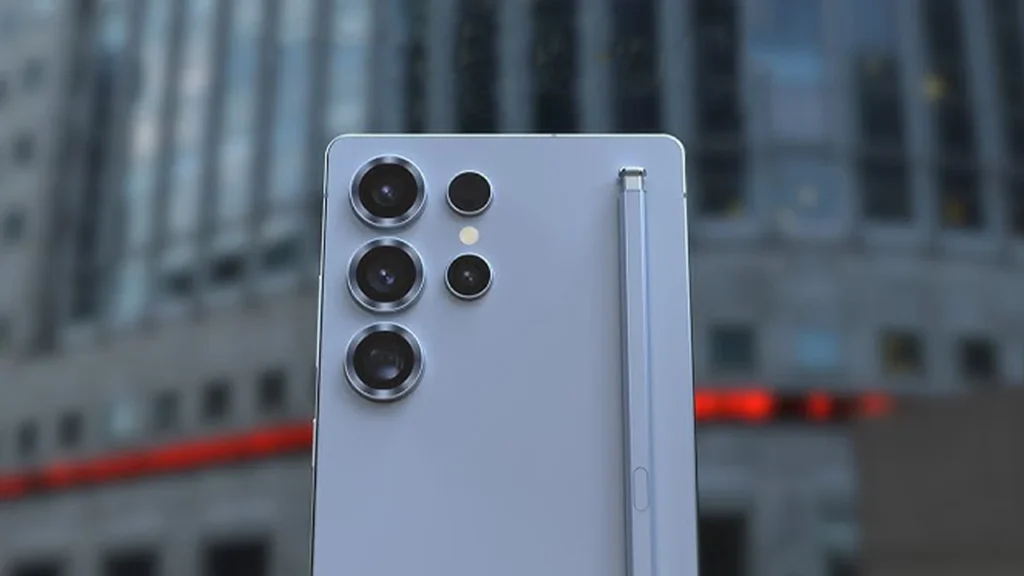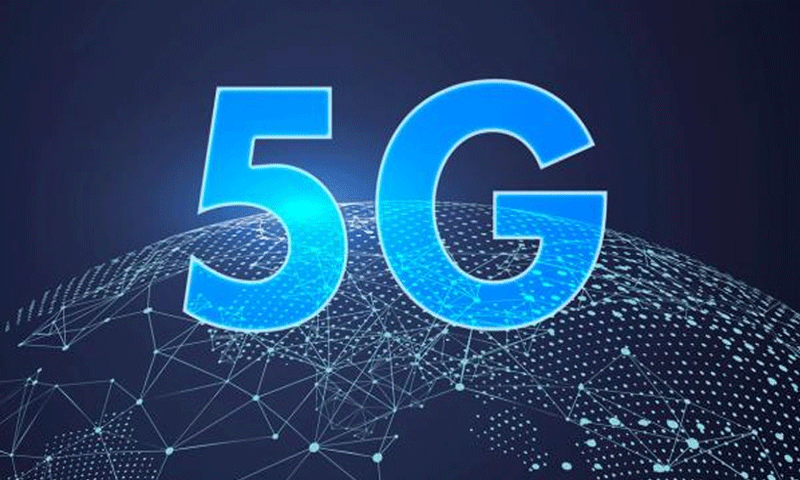- Web
- Feb 10, 2026
Samsung faces AI chip hurdles, projected Q2 earnings drop to $4.62 billion
-

- Web Desk
- Jul 07, 2025

SEOUL: Samsung Electronics is expected to post a 39 per cent drop in its second-quarter operating profit, hit by delays in supplying high-end memory chips to Nvidia, the leading producer of artificial intelligence (AI) chips.
The South Korean tech giant, which is the world’s largest maker of memory chips, is projected to report an operating profit of 6.3 trillion won ($4.62 billion) for the April to June period, its weakest quarterly result in a year and a half, according to LSEG SmartEstimate.
The slowdown has sparked growing concern among investors over Samsung’s ability to keep pace with smaller rivals such as SK Hynix and Micron, who have taken the lead in supplying high-bandwidth memory (HBM) chips crucial for AI data centres.
While competitors have seen strong demand for AI-related memory chips, Samsung’s progress has been slower, partly due to US export restrictions targeting advanced chip sales to China, one of its key markets.
Analysts say the company is still struggling to get its latest HBM3E 12-layer chips qualified by Nvidia, a critical step to begin large-scale shipments. “HBM revenue likely stayed flat in the second quarter as China sales remain restricted and Samsung has yet to start supplying its HBM3E 12-high chips to Nvidia,” said Ryu Young-ho, senior analyst at NH Investment & Securities. He added that any meaningful shipment to Nvidia is unlikely in 2025.
Samsung had earlier suggested in March that it might achieve key milestones with its HBM chip line by June, but it has not confirmed whether its newest HBM3E chips have passed Nvidia’s qualification process. However, US chipmaker AMD confirmed in June that Samsung has started supplying the same chip to them.
Despite the challenges in its semiconductor business, Samsung’s smartphone division is expected to perform steadily, buoyed by stockpiling ahead of potential US tariffs on imported handsets.
Still, broader trade tensions with the US continue to cast a shadow. Washington is weighing several measures that could affect Samsung’s operations, including a proposal to impose 25 per cent tariffs on foreign-made smartphones and potential restrictions on the export of US chip technology to plants in China, which could affect Samsung and other global chipmakers.
Read next: Gold price falls as US delays tariffs, reducing safe-haven demand




